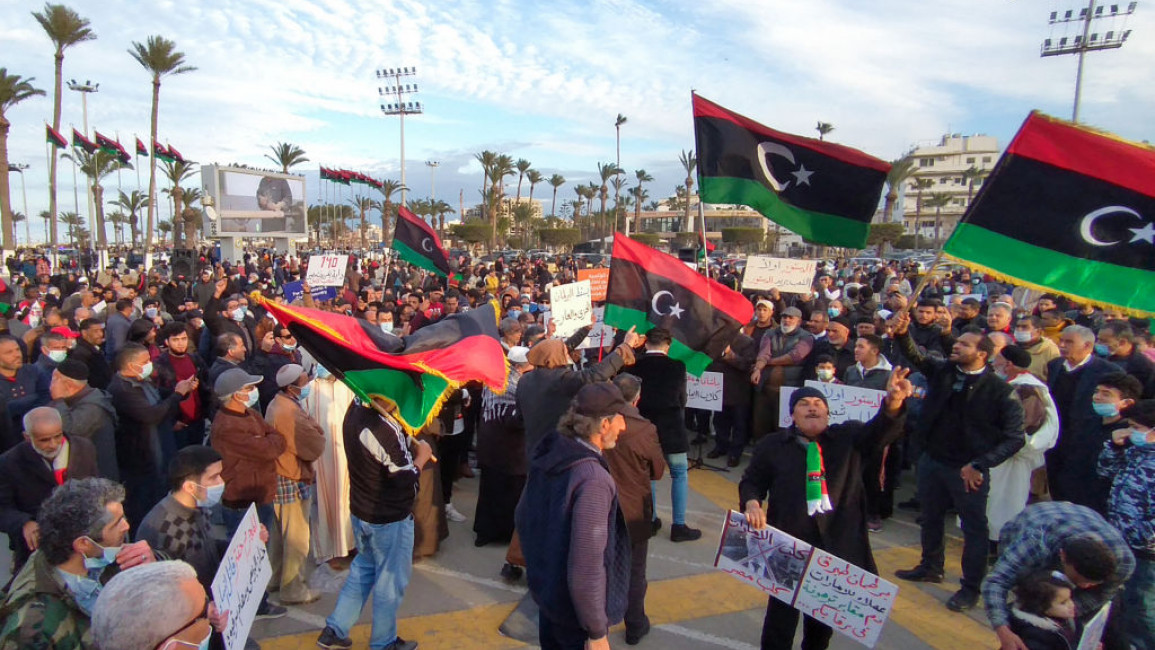Minister resigns from new Libyan govt saying there is no honour in joining cabinet
A newly appointed minister in Libya's new, east-based government resigned Thursday, alleging that the the voting in of the Cabinet was unfair and failed to include all Libyan factions.
In a video posted on social media, Gamal Salem Shaaban, who had been appointed economy and trade minister, said there was no honour in joining the new Cabinet and that it will lead to conflict.
His resignation came on the heels of a UN statement voicing concerns over reports that the voting on the new government was defective. There are also fears the appointment earlier this week of the Cabinet will lead to parallel administrations and fuel tensions in a country mired in conflict for the past decade.
On Tuesday, Prime Minister-designate Fathi Bashagha submitted his Cabinet list to the east-based House of Representatives, where 92 of 101 lawmakers in attendance approved it in a vote broadcast live from the eastern city city of Tobruk.
“That session lacked transparency and integrity and did not meet procedural standards,” Shaaban said. “There is no honour in being part of a Cabinet that will bring about war and destruction.”
Bashagha's own appointment last month deepened divisions among Libyan factions and raised fears that fighting could return after more than a year and a half of relative calm.
Libya's parliament swore in Bashagha as the new prime minister in a session in Tobruk on Thursday, though the incumbent Abdulhamid al-Dbeibah said he will not step down.
Dbeibah has repeatedly said his administration will hand over power only to an elected government. He has proposed a four-point plan to hold a simultaneous parliamentary vote and referendum on constitutional amendments late in June. That would be followed by a presidential election after the new parliament crafts a permanent constitution.
Dbeibah was appointed through a UN-led process in February 2021 on the condition that he shepherd the country until elections that were supposed to take place in December. The effort to replace him stems from Libya’s failure to hold its first presidential election during his watch.
The vote’s delay was a major blow to international efforts to end a decade of chaos in the oil-rich Mediterranean nation.
Libya has been unable to hold elections since its disputed legislative vote in 2014, which caused the country to split for years between rival administrations, each backed by armed militias and foreign governments.
The oil-rich North African nation has been wrecked by conflict since a NATO-backed uprising toppled then killed Muammar Muhammad al-Gaddafi in 2011.



